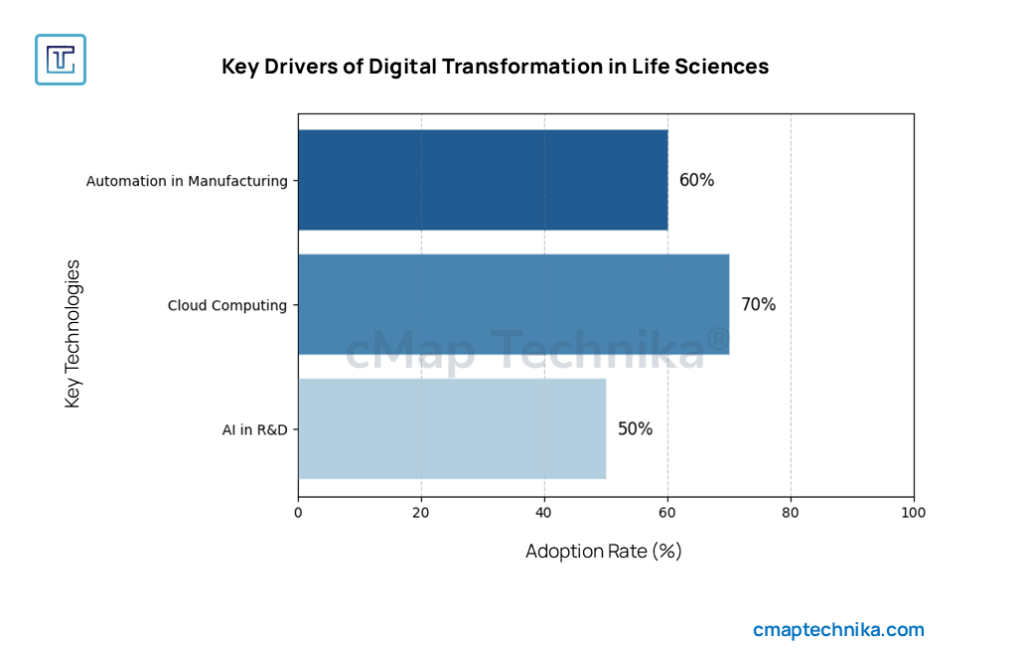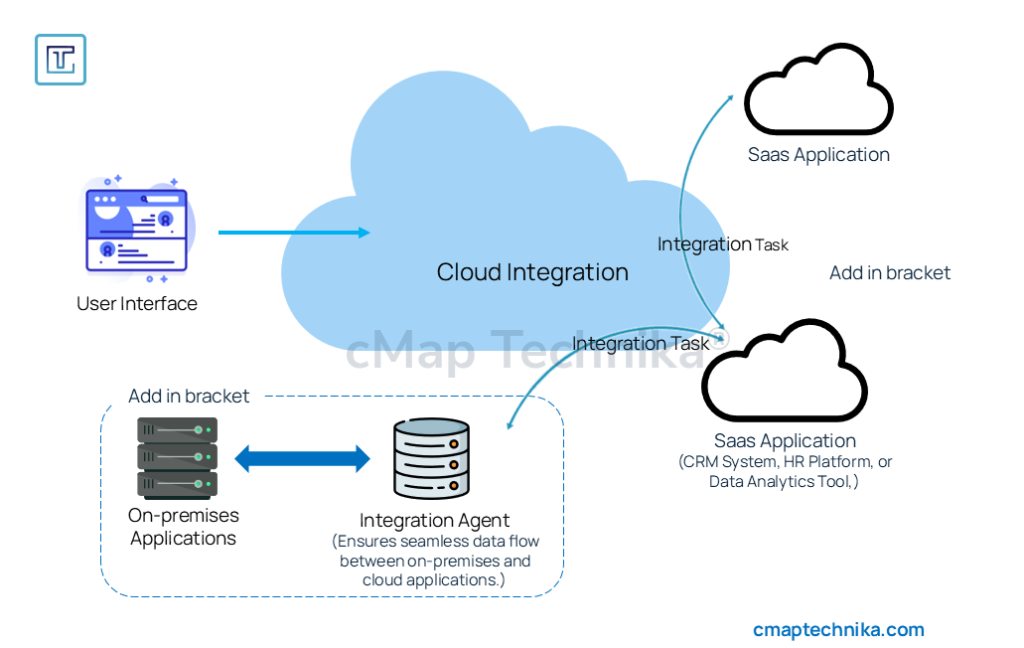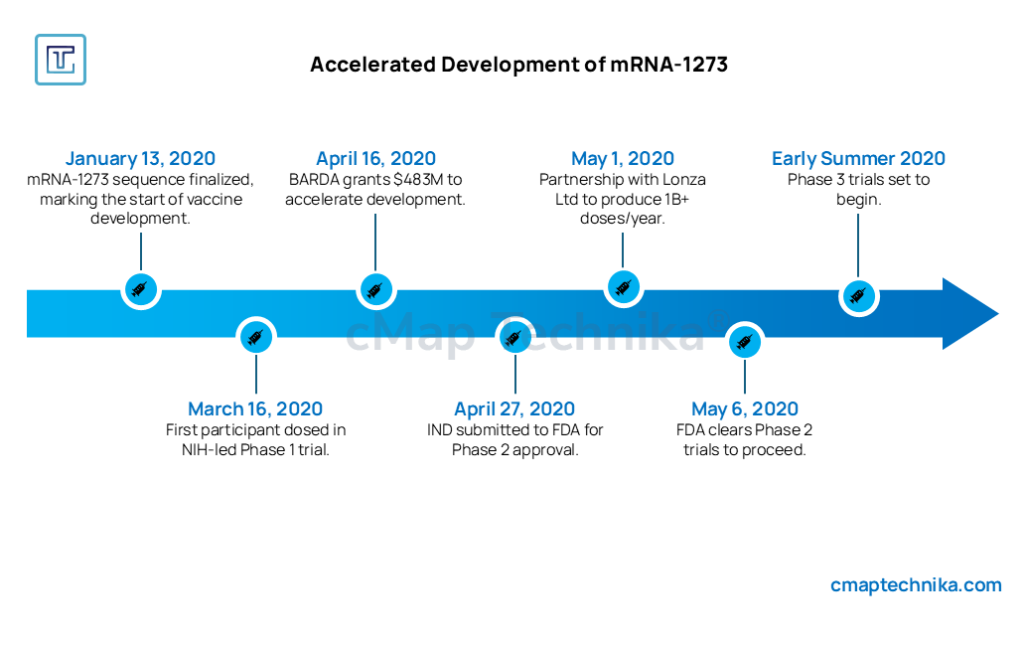Introduction
The life sciences industry is undergoing a digital revolution, driven by rapid advancements in artificial intelligence (AI), cloud computing, big data analytics, and automation. These technologies are reshaping research and development (R&D), clinical trials, regulatory compliance, and manufacturing, enabling faster drug discovery, streamlined operations, and enhanced patient outcomes. Companies that embrace digital transformation are poised to improve efficiency, reduce costs, and maintain a competitive edge in an increasingly complex and dynamic market.
This business insight delves into how life sciences organizations are leveraging digital tools to drive scalability and efficiency. We explore key technologies, industry trends, and real-world case studies that highlight the transformative potential of digital innovation in the sector.
The Rise of Digital Transformation in Life Sciences
Market Trends and Industry Adoption
Digital transformation in life sciences is no longer optional—it is a necessity. According to a 2024 market analysis, the global digital health market is expected to surpass $600 billion by 2028, growing at a CAGR of 18%. Investments in AI-driven drug discovery, cloud-based electronic health records (EHRs), and real-time data analytics are fueling this expansion.
Key Market Drivers:
- AI and Machine Learning in R&D: AI-driven drug discovery has reduced the time required for new compound identification by 50%, leading to faster go-to-market strategies.
- Cloud Computing for Data Management: Over 70% of life sciences companies have migrated their clinical trial data to cloud platforms for enhanced collaboration and security.
- Automation in Manufacturing: Smart factories equipped with robotic process automation (RPA) are improving drug production efficiency and minimizing human errors.
Case Study 1: AI-Powered Drug Discovery at Insilico Medicine
Insilico Medicine, a pioneer in AI-driven drug discovery, has revolutionized pharmaceutical R&D by leveraging deep learning and generative AI to predict molecular properties and optimize drug candidates.
Impact:
- Reduced Drug Development Time: AI has accelerated compound discovery, cutting traditional research timelines from 5 years to under 18 months.
- Cost Reduction: Insilico’s AI-driven platform has lowered R&D costs by up to 70% compared to traditional approaches.
- Successful Breakthroughs: The company identified and validated a novel drug candidate for idiopathic pulmonary fibrosis (IPF) in record time, demonstrating the efficacy of AI in drug discovery.
Key Technologies Driving Digital Transformation

1. Cloud Computing and Data Integration

The shift to cloud-based platforms is enabling seamless collaboration, real-time data access, and enhanced security in life sciences.
Example: Pfizer migrated its R&D data to the cloud, leveraging AI-powered analytics to accelerate clinical trial data processing and regulatory submissions.
Benefits:
- Scalability: Cloud solutions allow organizations to scale research efforts without the need for on-premise infrastructure.
- Security and Compliance: Advanced encryption and regulatory compliance tools ensure data protection in compliance with HIPAA, GDPR, and FDA guidelines.
- Real-Time Insights: Cloud platforms enable faster decision-making by integrating real-time patient and trial data.
2. AI and Predictive Analytics in Clinical Trials
AI is transforming clinical trials by optimizing patient recruitment, improving data quality, and predicting trial outcomes.
Example: Medidata, a clinical trial technology company, uses AI-driven analytics to predict patient dropout rates and optimize trial designs, reducing costs by 30%.
Key Advancements:
- Automated Patient Matching: AI algorithms analyze genetic and demographic data to identify suitable trial participants, improving recruitment efficiency.
- Remote Monitoring: Wearable devices and IoT sensors provide real-time patient data, reducing the need for in-person visits.
- Adaptive Trial Designs: AI enables dynamic trial adjustments, optimizing resource allocation and improving success rates.
3. Automation and Smart Manufacturing in Pharma
Automated manufacturing processes are enhancing precision, reducing waste, and ensuring compliance in pharmaceutical production.
Example: Roche has implemented AI-driven robotic automation in its biologics manufacturing facilities, increasing production efficiency by 40%.
Benefits:
- Increased Production Speed: Automated systems reduce batch production time and minimize human errors.
- Regulatory Compliance: AI-powered systems ensure adherence to Good Manufacturing Practices (GMP) by monitoring real-time quality metrics.
- Cost Savings: Reduced manual intervention leads to significant cost reductions in production and labor expenses.
Case Study 2: Moderna’s Cloud-First Approach to Vaccine Development

Moderna’s groundbreaking success in developing the COVID-19 mRNA vaccine highlights the power of digital transformation. The company’s cloud-first strategy allowed for rapid research, testing, and manufacturing of the vaccine in record time.
Key Strategies:
- AI and Computational Biology: AI-driven simulations optimized mRNA sequences for enhanced efficacy.
- Cloud-Based Collaboration: Researchers across the globe collaborate seamlessly using cloud platforms to analyze trial data in real time.
- Automated Manufacturing Pipelines: Robotic automation enabled large-scale vaccine production with minimal human intervention.
Outcomes:
- Unprecedented Speed: Moderna developed its first vaccine candidate within 42 days of the virus’s genome sequencing.
- High Efficacy: AI-optimized formulations resulted in a 94% efficacy rate in clinical trials.
- Scalability: Cloud and automation allowed for the rapid production of over 1 billion vaccine doses globally.
Challenges and Considerations
Despite its transformative potential, digital adoption in life sciences comes with challenges:
- Data Security and Privacy Concerns: With increased reliance on cloud and AI, maintaining compliance with GDPR, HIPAA, and FDA regulations is critical.
- Integration Complexity: Legacy IT systems often struggle to integrate with new digital platforms, requiring significant investments in modernization.
- Talent Shortage: The demand for skilled professionals in AI, data science, and bioinformatics is outpacing supply, creating recruitment challenges.
Industry Perspective:
A Deloitte survey found that 78% of life sciences executives consider digital transformation a top priority but cite talent acquisition as a major hurdle.
Future Outlook and Strategic Implications
The future of digital transformation in life sciences will be shaped by:
- AI-Powered Personalized Medicine: Advances in genomics and AI will enable hyper-personalized drug therapies tailored to individual patients.
- Blockchain for Data Integrity: Secure, decentralized databases will enhance data sharing and transparency in clinical research.
- Expansion of Virtual Trials: Remote patient monitoring and digital biomarkers will make decentralized clinical trials the industry standard.
Strategic Recommendations for Life Sciences Companies:
- Invest in AI and Cloud Solutions: Modernizing infrastructure will enhance research efficiency and operational scalability.
- Prioritize Regulatory Compliance: Implementing robust security and compliance frameworks will mitigate data privacy risks.
- Develop a Digital-First Workforce: Upskilling employees in AI, data science, and digital health technologies will ensure a smooth transition to digital operations.
Conclusion
Digital transformation is redefining the life sciences industry, enabling groundbreaking advancements in drug discovery, clinical trials, and manufacturing. From Insilico Medicine’s AI-driven R&D to Moderna’s cloud-first vaccine development, real-world examples illustrate how technology is driving scalability, efficiency, and innovation.
While challenges such as data security and talent shortages remain, companies that strategically invest in digital tools will gain a competitive edge in the evolving life sciences landscape. Embracing AI, automation, and cloud computing will not only accelerate innovation but also improve patient outcomes, shaping the future of healthcare and pharmaceutical industries.






